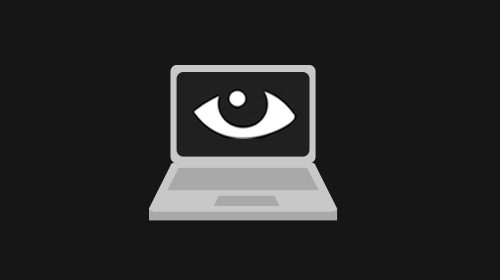
We filed a friend-of-the-court brief today in New York state court in support of Twitter’s efforts to protect the constitutional rights of one of its users. As we posted earlier this month, Twitter took a great step to defend its users’ rights by filing a motion to quash a subpoena that the District Attorney’s Office in Manhattan issued in connection with the prosecution of an Occupy Wall Street protester.
This is an important case. Law enforcement officials around the country are becoming increasingly aggressive in their attempts to obtain information about what people are doing and saying on the Internet, and we need to make sure that the proper legal standards are put in place to handle these government requests. We shouldn’t have to worry that the government will be able to get access to everything we do and say on the Internet, whenever they want that information. The information being requested in this particular subpoena would provide the government with a wealth of knowledge about the user’s communications and geographic locations for a three-and-a-half month period. The request covers all of the user’s tweets (no longer available on Twitter), as well as his subscriber information, which includes his personal email address, the IP addresses he used to access Twitter, and the date, time, and duration of each of his Twitter sessions, linked to the content of his tweets.
As we argue in our brief (which was joined by the New York Civil Liberties Union, the Electronic Frontier Foundation, and Public Citizen), the government shouldn’t be able to get this sensitive and constitutionally protected information without a warrant and without first satisfying First Amendment scrutiny. Because the D.A. didn’t do that here—it just issued a simple subpoena, claiming that the information was “relevant” to its pending prosecution of the Twitter user—it shouldn’t be permitted to obtain all of this information.
What makes this case so important—and unique—is that the court previously ruled that the individual Twitter user did not have legal standing to challenge the D.A.’s subpoena for his information—i.e., that he didn’t even have the right to go to court to try to protect his constitutional rights—on the ground that the demand for records was issued to Twitter, not to him, for Twitter’s records, not for his records.
That can’t be right. As we point out in our brief, the Supreme Court and courts around the country have repeatedly made clear that individuals whose constitutional rights are implicated by government requests for information to third parties (such as Twitter) do have standing to challenge those third-party requests. That is because the third parties receiving these government requests don’t have sufficient incentives to challenge the requests.
Twitter should continue to be applauded for stepping in and challenging this particular subpoena, but the reality is that Twitter and other Internet companies will not and cannot challenge every one of these requests for information about one of their millions of users. That is why it is so important that individuals be allowed to go to court to protect their own rights.
This isn’t the first time we’ve seen this kind of government subpoena, and, unfortunately, it won’t be the last time. But we’re hopeful that this case will serve as a positive precedent and help ensure that the government cannot obtain information about individuals’ Internet communications and their movements over time without first obtaining a warrant and complying with the First Amendment. After all, that’s what the Constitution requires.

